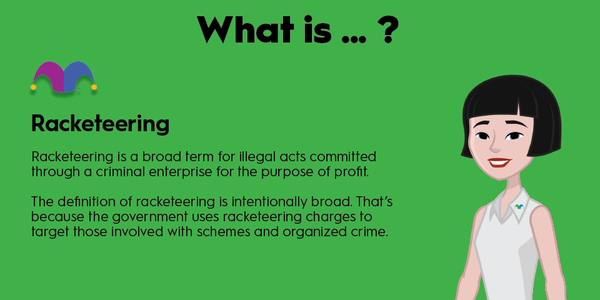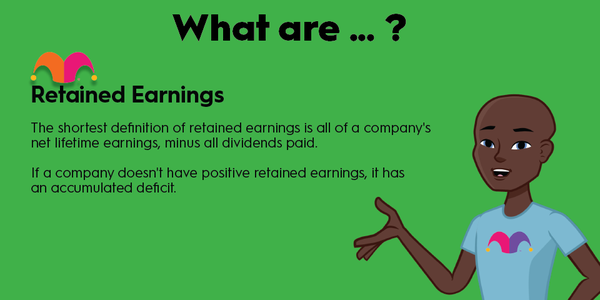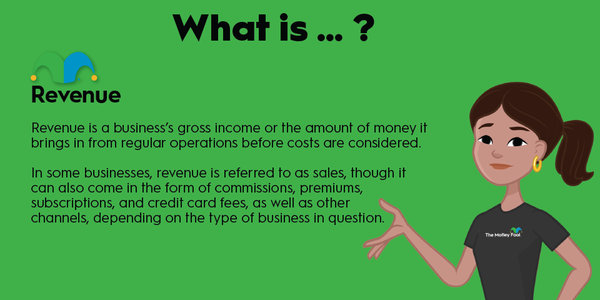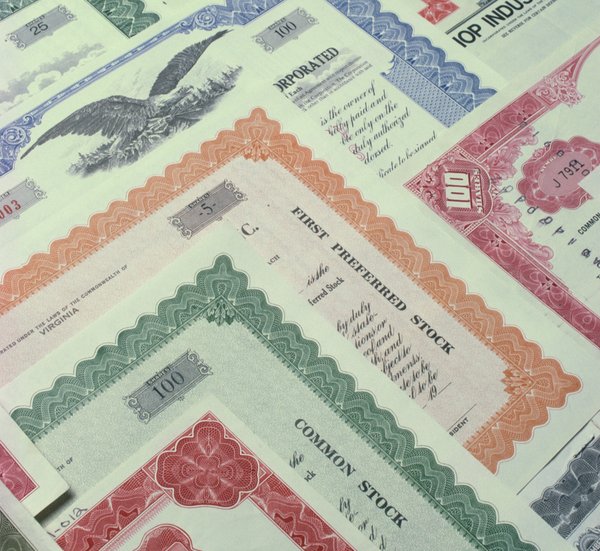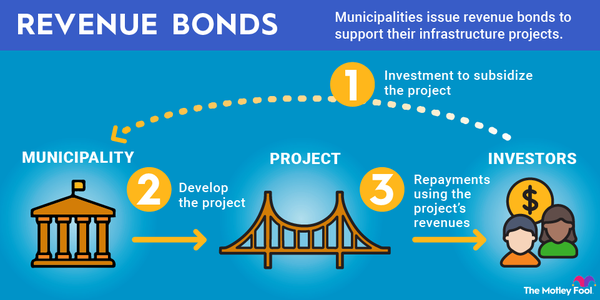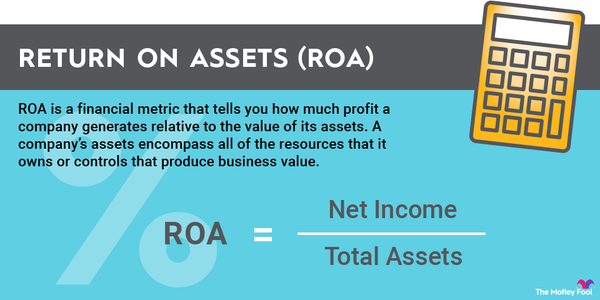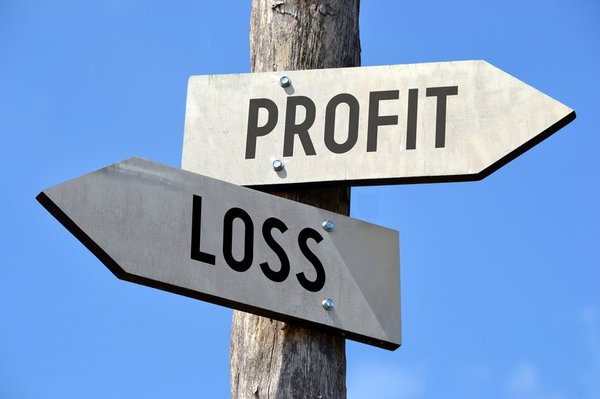Residual income, sometimes also called discretionary income, can refer to how much money in a reporting period remains after an entity covers all of its costs. Residual income is also a term used in personal finance to refer to income a person continues to receive after a fixed amount of initial work is completed.
We'll examine residual income in both contexts. Most importantly, you'll learn how to make residual income.

How does residual income work?
From a corporate accounting perspective, residual income is calculated by subtracting all of a company's equity-related costs from the company's net income for the reporting period. Residual income projections can be used to determine the intrinsic value of a business with what's called the residual income model.
Residual income formula
The residual income formula for companies is:
Residual income = Net income-(Cost of equity x Equity capital)
Net income is the amount of money that remains after a company pays all of its operating and debt-related expenses. A company's cost of equity is calculated by first dividing its annualized dividends per share by the current stock price and then adding that sum to the projected dividend growth rate. The equity capital is simply the amount of money contributed by investors who hold common or preferred stock.
Residual income vs. passive income
Jumping back to residual income in the context of personal finance, many people use the terms "residual income" and "passive income" interchangeably. However, these two types of income are not necessarily the same.
Passive income is money earned with little or no ongoing effort and may or may not be residual for the earner. Residual income can be generated either passively or with active effort.
Why have these two income types become so closely linked? It's probably because individuals who are able to passively generate money are more likely to have residual income.
Different types of residual income
Residual income can be evaluated in two different contexts:
Corporate finance
Residual income in the corporate finance setting is how much money remains after all costs are subtracted. Positive residual income for a given project or investment indicates the endeavor is profitable. Companies can determine how to best allocate their financial resources by calculating and comparing residual incomes for different potential projects or investments.
Personal finance
Residual income in personal finance refers to how much money an individual has remaining for a given time period after covering all debts, including student loan payments, car loan payments, and home mortgage payments. A person with high residual income can afford to take on additional debt, so banks routinely use residual income calculations to help make loan approval decisions.
Related investing topics
How to make residual income
As an individual, you're probably wondering how you can earn residual income. Aside from eliminating all your expenses or convincing your boss to double your pay, there are plenty of realistic ways to earn residual income. Some -- but not all -- of the ways you can begin accruing residual income are also passive means of making money. Here are seven great methods to create or increase your personal residual income:
Pay off your debts
Remember that residual income is what remains after paying all of your expenses, including payments on your debts. Perhaps the best way to create residual income is to lower your monthly expenses by completely paying off your debts.
One approach is to first pay off the debt with the highest interest rate, then move to the debt with the next-highest interest rate, and so on until you're debt-free. Another approach is to first pay your smallest debt, then move to the next-smallest debt. The concept underlying this method is that you can pay off the first debt fastest and achieve a psychological boost, motivating you to tackle the progressively larger debts.
Invest in dividend stocks
Another great way to make residual income is to invest in dividend-paying stocks. Many publicly traded companies reward their shareholders with dividends, which are returns of profit that are usually paid quarterly.
You'll want to pay attention to the dividend yield -- the annualized dividend as a percentage of the share price -- associated with any stock you buy. It's also important to evaluate the reliability of a company's dividend. Companies that are profitable and have track records of consistently paying and increasing dividends tend to be the best dividend stocks to buy.
Rent your property
Renting your property or other assets is an increasingly popular way to generate residual income. The rise of businesses such as Airbnb (ABNB 1.17%) makes it relatively easy to rent out unused bedrooms or even your entire home.
You are not limited to renting out only your house or apartment, either. Companies such as Getaround and Turo allow individuals to share their vehicles and make residual income in the process. You can also increase your residual income through businesses that facilitate rentals of other personal property such as boats and airplanes.
Develop and sell a software app
If you're interested in programming, consider developing a revenue-generating software app. Apple's (AAPL 1.27%) App Store is where many software developers market their products. You get paid every time a customer makes an in-app purchase or clicks on an ad in your app.
You can also use other platforms to market an app. For example, Skillz (SKLZ 0.96%) enables mobile game developers to get paid every time a user plays one of the developer's games.
Publish a book
Publishing a book is easier than ever. You could go the traditional route by writing your book, finding a publisher, and then earning royalties on book sales. But that's no longer the only path available to get published.
The internet giant Amazon (AMZN -1.64%) provides a relatively simple way for authors to publish their books in electronic form. Amazon's Kindle e-reader is used by millions of people, and authors receive royalties every time a customer downloads their book.
Write a blog or newsletter
If writing a book seems too daunting, you can write a blog instead and create space for ads. You can also write a newsletter using a platform like Substack and earn subscription revenues.
The good news is you don't have to find advertisers on your own. Alphabet-owned (GOOG 0.74%)(GOOGL 0.55%) Google makes it easy to incorporate ads into your blog. And, while you're responsible for recruiting paid subscribers to a newsletter, the amount of money you can earn is substantial.
Work side hustles
Working one or more side hustles is one of the most common ways to generate residual income.
You don't necessarily have to find a part-time job, though. Online sites such as Fiverr (FVRR 1.34%) allow you to market your services on a freelance basis. You could also start a product business online using a platform such as Amazon Marketplace, Ebay (EBAY -0.14%), or Etsy (ETSY -2.17%). Each of these platforms makes selling your products relatively easy.


